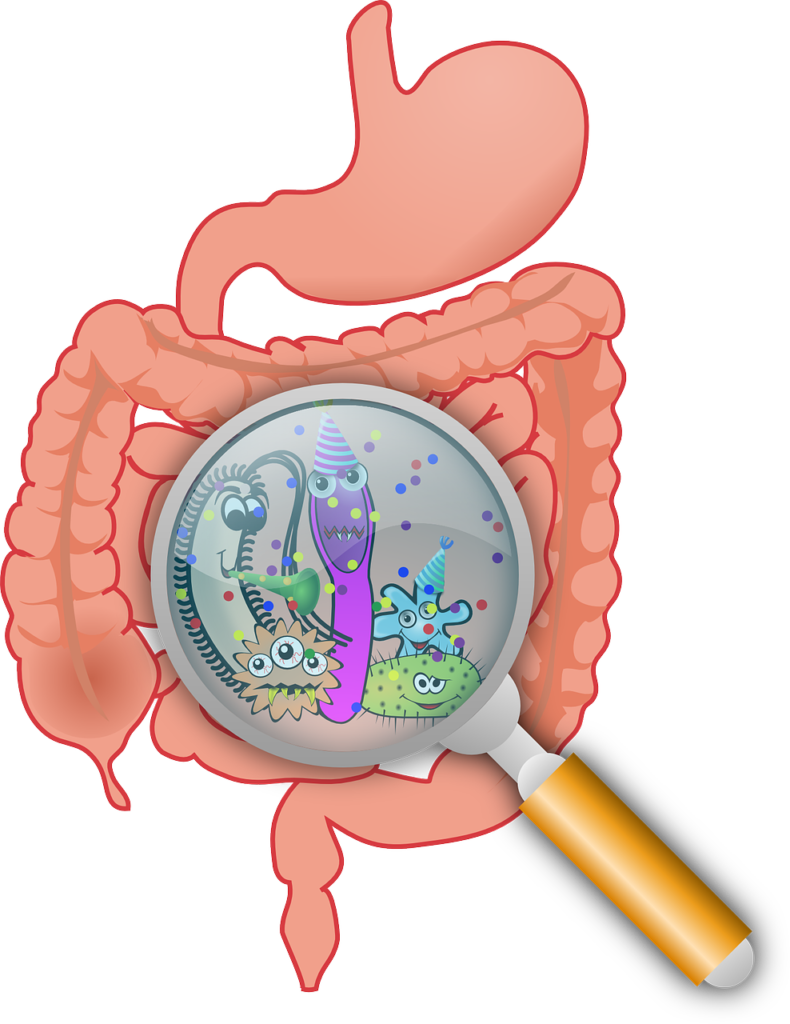One subject of debate regarding those who have wisdom teeth removed is whether or not to take antibiotics and if so should you take them before or after surgery. This has been covered on this site before in such posts as 1) Antibiotics for Dental Use Contributing to SuperBugs, 2) The Effect of a Single Dose of Antibiotics Prior to Wisdom Teeth Surgery, and 3) Patient’s Perception of Antibiotic Need After Teeth Removal. Some guidance seems to indicate that a single antibiotic before dental surgery should be given to high risk patients for postoperative infections but in other patients that are healthy an antibiotic is not needed. Some may question this approach, but antibiotics can contribute the development of Clostridium difficile (C. diff or C. difficile), a serious and possibly deadly infection that is accompanied by severe diarrhea.
In one case a man who had wisdom teeth removed several years ago developed
Clostridium difficile after taking antibiotics after the surgery. C. difficile occurs when the antibiotics end up killing both the healthy and the bad bacteria in the body. Symptoms associated with C. difficile include watery bowl movements at least three times a day for two or more days, abdominal pain and tenderness, nausea, fever, and loss of appetite. The man was given several different antibiotics to attempt to treat the C. difficile infection but they did not work. It is important to note that these antibiotics given were different than the one that caused the C. difficile infection. As a result of the antibiotics not working against the C. difficile infection, his doctor recommended a fecal transplant where he received a transfer of stool from a healthy donor into his gastrointestinal tract. He then started to feel better less than a week after the transfer. He had to take a week off of work and described the symptoms as so intense that he thought he was going to die.
In a fecal transplant doctors find a safe stool sample and then add saline to help dissolve it and then run it through a coffee filter to eliminate particles. The transfer is made in one of three ways: 1) a pill with freeze dried material, 2) a tube inserted into the stomach, or 3) a fluid injected into the lower bowel through the rectum. If the stool sample for the transfer is not adequately screened it is even possible to receive a serious infection from the donor. Thus one would be battling the C. difficile and the new infection at the same time.

Thus it would seem that caution is warranted when having antibiotics prescribed for wisdom teeth extractions. In about one to four people a C. difficile infection will resolve on its own within 2 to 3 days. However, the infection can possibly lead to damage to the colon which would require additional surgery. C. difficile is transmitted through contact with feces and exposure occurs most frequently in hospitals and long-term care facilities. However, C. difficile can be found in bathrooms on items such as bathroom fixtures. Thus extra precautions should be made if you are having wisdom teeth surgery when using the bathroom if you are taking antibiotics.
References:
- Mary Kekatos, “Florida man says a fecal transplant cured him of a life-threatening infection he developed after a wisdom tooth extraction” DailyMail, January 21, 2019.
- Mary Govoni, “C. diff — Is it a concern for dentistry?” Dental Economics, December 1, 2012.
- “Clostridium difficile infection,” JADA, vol. 145, no. 7, pp. 784, 2014.
